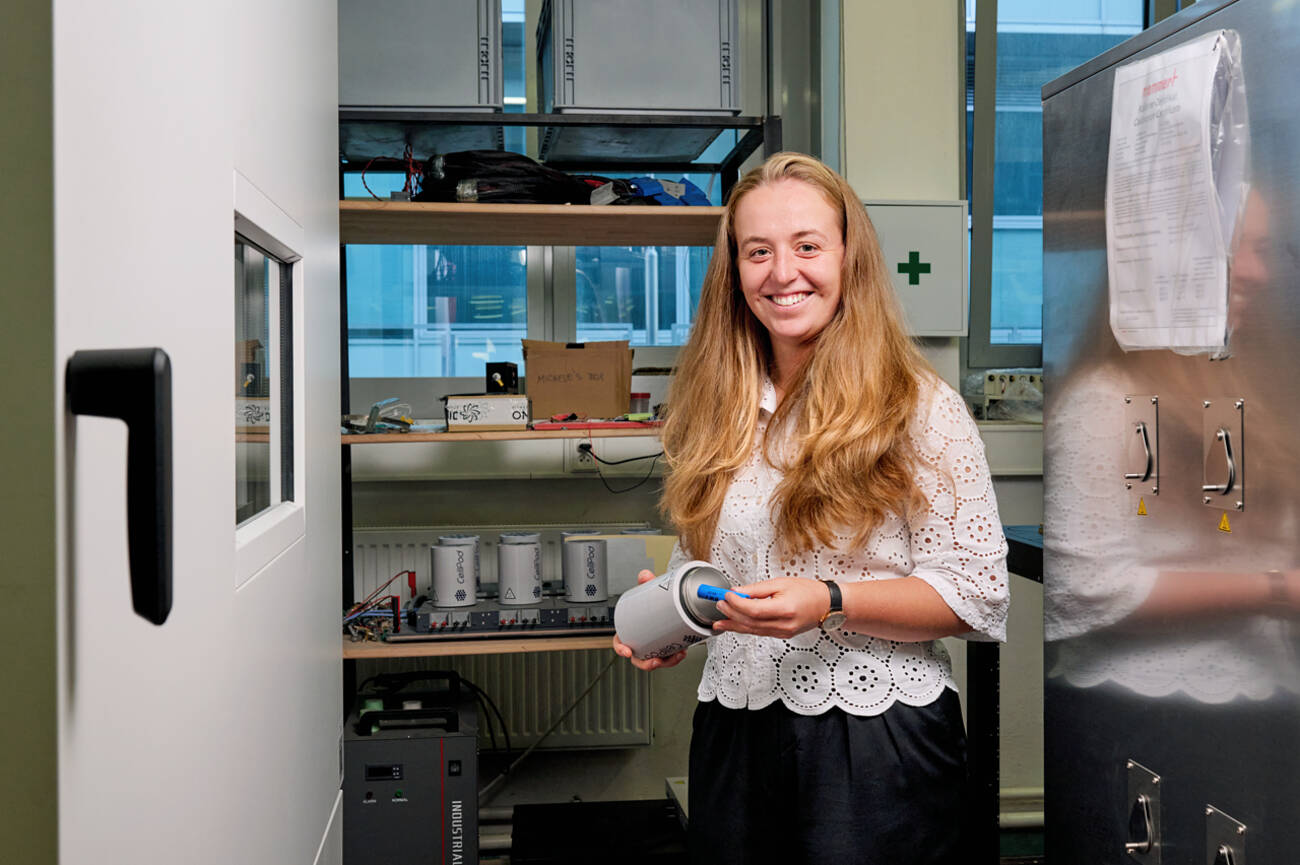With the rise of electromobility and battery storage for energy accumulation, the need for lithium-ion batteries is also growing. However, these are still one of the most expensive components in the production of electric cars. According to data from December 2024, the price of a battery is around US$115 (CZK 2,380) per 1 kWh of battery capacity.
"This is also because it is difficult and time-consuming to diagnose the current stage of battery degradation and predict its remaining life. Therefore, they are often discarded preventively before it is necessary, which leads to even higher costs for systems using Li-ion batteries," explained Kateřina Nováková, a doctoral student at the Department of Electrical Engineering at the Faculty of Electrical Engineering of the Czech Technical University in Prague.
Kateřina Nováková is working on methods for diagnosing battery life as part of her doctoral studies under the supervision of Dr. Václav Knap. In addition to her home institution, FEL CTU, she conducted part of her research at the Public University of Navarra in Spain. There, she worked with colleagues on a new method that will facilitate the sorting of battery modules and the detection of those that will need to be replaced in the very near future, or, conversely, those that still have sufficient life and can continue to be used safely.
Patent for a new method
The result of her research is a method based on the principle of electrochemical impedance spectroscopy, which makes it possible to determine the state of health of a battery module even if its previous use, stress, and operating conditions are completely unknown.
"When implemented correctly, this method has the potential to extend the service life of battery modules by up to 10%, thereby delaying the point at which they need to be recycled," said Nováková.
Nováková, together with Kolibrik, a company that manufactures battery measurement equipment, received a grant of CZK 16,265,000 from the Ministry of Industry and Trade to implement the new method in industrial practice. Just under CZK 4,500,000 will go to CTU. At the same time, they plan to file a joint European patent with the company.
Nováková and her team will devote the next two years to research. She is also looking for talented students who would like to participate in the research. "I appreciate that I had the opportunity to get involved in research while I was still a student, and I would like to give this opportunity to students now," says Nováková. Those who are interested can email her and attach their CV.
Nováková is a graduate of the Electrical Engineering, Energy and Management (EEM) program at the Faculty of Electrical Engineering of the Czech Technical University in Prague.
Photo: Petr Neugebauer, FEE CTU.



